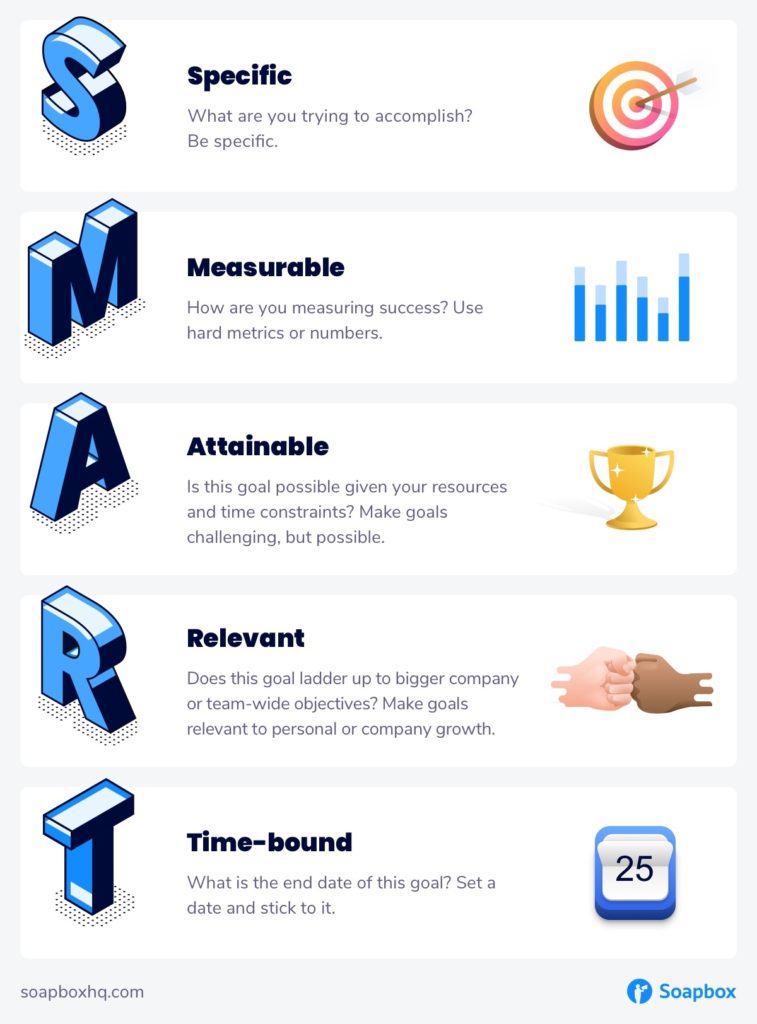smart marketing

When it comes to marketing, staying ahead of the competition requires smart strategies that can adapt to the ever-changing business landscape. Smart marketing is the answer!
What is smart marketing?
Smart marketing involves leveraging data, technology, and consumer insights to create targeted and personalized campaigns. It goes beyond traditional methods by utilizing digital platforms, automation, and analytics to reach the right audience at the right time.
Benefits of implementing smart marketing strategies
- Cost-effective: Smart marketing allows businesses to optimize their marketing spend by targeting specific customer segments, minimizing wastage of resources, and delivering higher returns on investment.
- Increased customer engagement: Personalized and relevant marketing messages resonate better with customers, leading to higher engagement levels and improved customer satisfaction.
- Improved marketing efficiency: With smart marketing, businesses can automate repetitive tasks, streamline processes, and track key performance indicators (KPIs) in real-time. This enables marketers to make data-driven decisions and optimize their campaigns for better results.
Challenges of traditional marketing methods
Traditional marketing methods often rely on mass communication and have limitations such as:
- Limited targeting: Traditional marketing tends to reach a wide audience, including those who may not be interested in the product or service. This leads to inefficient spending and lower conversion rates.
- Difficult measurement: It is challenging to accurately measure the impact of traditional marketing methods on customer acquisition and retention. This makes it harder to refine strategies and allocate resources effectively.
- Slow response time: Traditional marketing campaigns require longer lead times for planning, execution, and analysis. This can hinder agility and responsiveness in a fast-paced market.
By embracing smart marketing strategies, businesses can overcome these challenges and drive better results in today’s competitive landscape.

Smart Marketing Tools
Smart marketing is all about using the right tools and strategies to maximize your efforts and achieve better results. From data analytics to automation and social media marketing, here are some smart marketing tools that can help your business thrive.
1. Data Analytics for Targeted Marketing
Collecting and analyzing data is crucial for smart marketing. By understanding your customers’ preferences, behaviors, and demographics, you can tailor your marketing campaigns to target specific audiences effectively.
Utilizing customer insights allows you to create personalized campaigns that resonate with your target market. By delivering relevant content and offers, you can increase engagement and conversions.
Tracking and measuring your marketing efforts is also essential. Analyzing key performance indicators (KPIs) such as website traffic, conversion rates, and customer acquisition costs helps you identify what’s working and what needs improvement.
2. Automation and AI in Marketing
Automation streamlines repetitive marketing tasks, saving time and effort. From email marketing automation to scheduling social media posts, automation tools help you stay organized and maintain consistency in your marketing efforts.
AI-powered personalized recommendations can enhance the customer experience. By analyzing customer data, AI algorithms can provide tailored product recommendations, personalized offers, and relevant content.
Chatbots and virtual assistants can improve customer engagement and provide instant support. They can answer frequently asked questions, assist with purchases, and even provide personalized recommendations based on customer preferences.
3. Social Media Marketing Strategies
Building a strong brand presence on social media platforms is essential for smart marketing. It allows you to connect with your target audience, share valuable content, and build relationships.
Creating engaging and shareable content helps increase brand visibility and reach. By posting interesting, informative, and visually appealing content, you can generate more likes, shares, and comments.
Influencer partnerships and user-generated content can also amplify your brand’s reach and credibility. Collaborating with influencers in your industry and encouraging users to share their experiences with your brand can help you reach a wider audience.
By utilizing these smart marketing tools, you can optimize your marketing efforts, connect with your audience more effectively, and achieve better results for your business.

Smart Marketing Techniques
When it comes to marketing your business, it’s crucial to think smart and strategically. By adopting the right techniques, you can enhance brand awareness, engage your target audience, and maximize your marketing efforts. Here are some smart marketing techniques to consider:
1. Content Marketing for Brand Awareness
Creating valuable and relevant content for your target audience: In today’s digital world, content is king. By producing high-quality content that resonates with your audience, you can establish yourself as an industry expert and build trust with potential customers.
Utilizing SEO and keywords for organic visibility
Optimizing your content for search engines: Implementing search engine optimization (SEO) techniques and incorporating relevant keywords can improve your organic visibility, helping your content rank higher in search engine results pages.
Incorporating visual and interactive elements
Engaging your audience with visual and interactive content: Visuals, such as infographics, videos, and images, can grab attention and convey information effectively. Additionally, incorporating interactive elements like quizzes or polls can boost engagement and encourage user participation.
By implementing these smart marketing techniques, you can enhance your brand awareness, attract more potential customers, and achieve better results. Remember to continuously analyze and optimize your marketing strategies to stay ahead of the competition and drive business growth.
Smart marketing is a marketing approach that is focused on using data and analytics to make informed decisions about how to reach and engage customers. Smart marketers use a variety of tools and techniques to collect data about their target audience, their competitors, and the market as a whole. This data is then used to develop targeted marketing campaigns that are more likely to be successful.
Smart marketing is not just about using data to track results. It is also about using data to understand your customers and their needs. Smart marketers use data to create personalized experiences for their customers and to build relationships with them.
Here are some of the key principles of smart marketing:
- Focus on data and analytics: Smart marketers use data and analytics to make informed decisions about their marketing strategies. They collect data about their target audience, their competitors, and the market as a whole. This data is then used to develop targeted marketing campaigns that are more likely to be successful.
- Target your audience: Smart marketers focus on targeting their marketing campaigns to their specific target audience. They use data to understand their target audience’s needs and interests. This allows them to create more targeted and relevant marketing messages.
- Personalize your experiences: Smart marketers use data to personalize the customer experience. They create personalized experiences for their customers based on their individual needs and preferences. This helps to build relationships with customers and increase customer loyalty.
- Measure your results: Smart marketers track the results of their marketing campaigns and use this data to improve their future campaigns. They use a variety of metrics to measure their results, such as website traffic, leads generated, and sales.
Smart marketing is an important approach for businesses of all sizes. By using data and analytics to make informed decisions, smart marketers can develop more effective marketing campaigns that reach their target audience and achieve their business goals.
Here are some examples of smart marketing in action:
- A clothing retailer uses data to segment its customers into different categories based on their purchase history and browsing behavior. The retailer then sends targeted email campaigns to each customer segment with personalized recommendations.
- A software company uses data to track the usage of its product by its customers. The company then uses this data to identify and fix bugs, and to develop new features that are more likely to be used by its customers.
- A travel agency uses data to track the search behavior of its website visitors. The agency then uses this data to create targeted landing pages with content that is relevant to the visitor’s search terms.
By using smart marketing techniques, businesses can improve their marketing campaigns and achieve their business goals more effectively.
